Posts
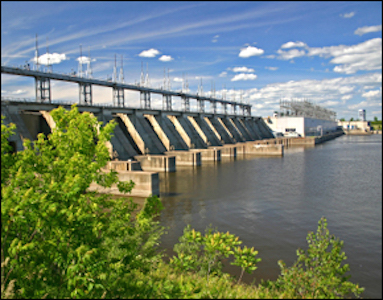
Climate Negotiations Must Consider Water and Energy Together, IWA Says
3 Comments
/
Water policy and energy policy must be integrated, according to the International Water Association

Melting Glaciers, Drought Jeopardize Bolivian Capital’s Water
Planned migrations to water-rich areas are being considered as an emergency option as La Paz's water supply hangs in the balance.

Climate Change Threatens China’s Crops, State Forecaster
China’s chief meteorologist recommends adjusting to global warming over fighting it.
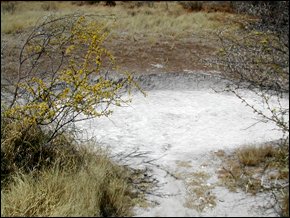
Heart of Dryness: Water Infrastructure and Climate Change
In the third installment of Climate Change Coping Strategies excerpts from James G. Workman's Heart of Dryness we reveal the struggle to develop effective infrastructure in the face of climate change.
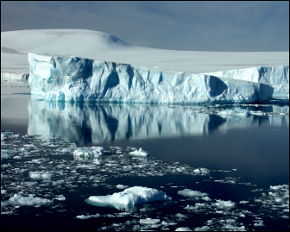
Massive Antarctic Icebergs Heading To New Zealand
 Rare event may or may not be linked to climate change, expert says
More than 100 icebergs are drifting toward New Zealand’s southern coast in a rare phenomenon that has only been recorded once before since 1931.
Rare event may or may not be linked to climate change, expert says
More than 100 icebergs are drifting toward New Zealand’s southern coast in a rare phenomenon that has only been recorded once before since 1931.
Arab World Among the Most Vulnerable to Climate Change
Though water is already scarce and food production will decline in the region, most Arab countries are doing little to prepare, reports say.
Food production in the Arab world will be hurt by sea level rises and water scarcity exacerbated by climate change, concluded two reports released last week, according to Reuters.
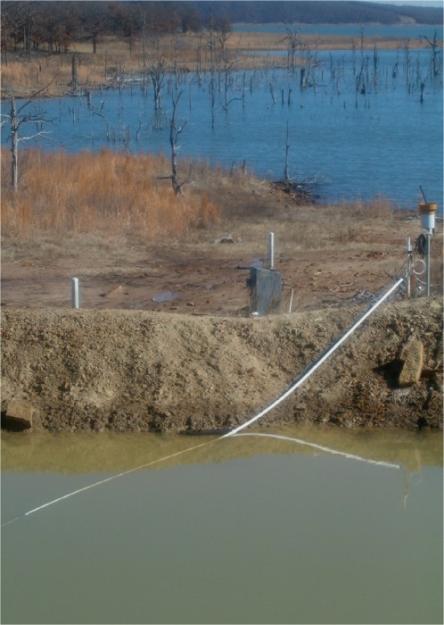
Peter Gleick: What the Frack? Poisoning Water for Energy Profits
Injecting water, chemicals, and sand to "frack" the gas from shale rock formations.

“Food Security and Climate Change Are Deeply Interconnected,” UN Secretary-General Says
Farmers are hurt by erratic water supplies and underinvestment, according to summit speakers. Leaders weigh in on global agricultural investment during opening remarks of the FAO summit in Rome.
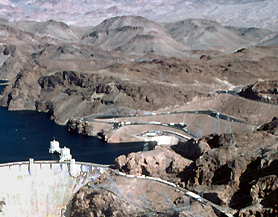
Heart of Dryness: Water, Climate, and Energy
The second installment Climate Change Coping Strategies of excerpts from James G. Workman's Heart of Dryness
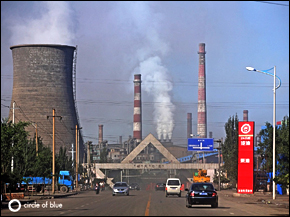
Environmental Policy Council Advises Cut in China’s Carbon Intensity
China should reduce its carbon intensity by 4 to 5 percent per year to achieve goals of low-carbon development by 2050. The proposal from the China Council of International Cooperation on Environment and Development (CCICED) is the first time such a high-level organization has proposed firm targets for emissions.

Time Is Running Out To Slow Climate Change, Report Finds
A new IEA study reveals the costly consequences of increasing current energy consumption patterns and calls for swifter policy action.

“Glacier Man” Does Nature’s Work to Mitigate Climate Change
Chewang Norphel, a civil engineer known locally as the Glacier Man, has been building artificial glaciers to supply irrigation water for the villages of the Ladakh region for the last 15 years. Norphel constructs the glaciers by redirecting autumn and winter melt to shady valleys above the fields.


